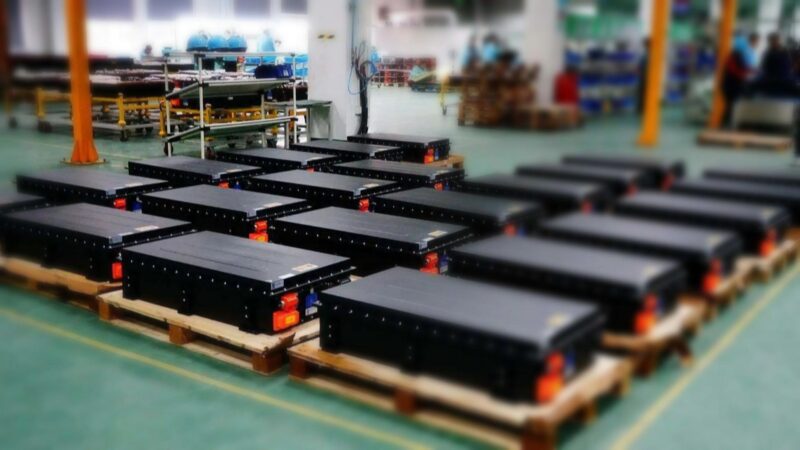Volkswagen-backed Gotion reports solid-state battery milestones, begins 2 GWh line design
Volkswagen-backed Chinese battery maker Gotion High-Tech announced that its self-developed all-solid-state “Jinshi Battery” has entered the pilot-scale production phase. The company also started design work for a 2 GWh mass production line, marking a key step toward the large-scale industrialisation of solid-state battery technology in China, as reported by IT-Home.
The Jinshi Battery, developed over eight years, was first unveiled in May 2024. It uses a sulfide-based solid electrolyte and features several material innovations, including micronised electrolytes, ultra-thin coated single-crystal cathodes, and three-dimensional mesoporous silicon anodes. According to Gotion, the cell reaches an energy density of 350 Wh/kg, about 40% higher than mainstream ternary lithium batteries. It passes rigorous safety tests, including a 200°C thermal chamber, nail penetration, and crush tests.
Recent developments highlight several technical breakthroughs. Gotion’s first 0.2 GWh pilot line has achieved 100% localisation of core production equipment and maintains a stable 90% yield rate. The company also improved the ionic conductivity of its sulfide electrolyte by around 60% and reduced cell preload pressure by 90%, enhancing production consistency. After a year of endurance validation, the battery’s cell capacity increased by 150% compared with early prototypes.
The Jinshi Battery’s performance supports more than 3,000 charge cycles and a projected one-million-kilometre lifespan. The pack system achieves an energy density of 280 Wh/kg, enabling an estimated 1,000 km driving range per charge with stable performance from -20°C to 85°C. Prototype vehicles equipped with the cells have already completed over 10,000 km of on-road testing.
While Gotion has not disclosed the investment amount or construction timeline for the upcoming 2 GWh production line, analysts estimate a cost of 1.5-2 billion yuan (205-273 million USD) per GWh, based on comparable semi-solid battery projects. The company aims for small-scale vehicle integration by 2027 and broader mass production by 2030.
Gotion is also collaborating with EHang, a Chinese eVTOL developer, to apply solid-state technology to low-altitude aircraft. Industry observers note that these developments could narrow China’s gap with leading Japanese and Korean competitors, though large-scale commercialisation still depends on cost control and interface stability improvements.



